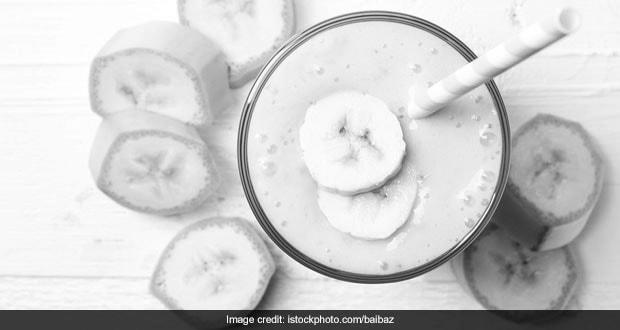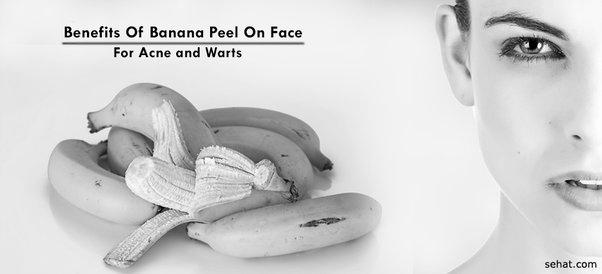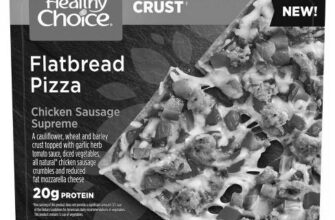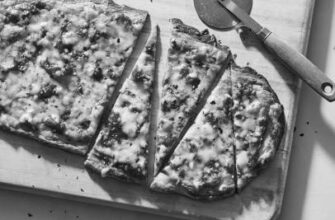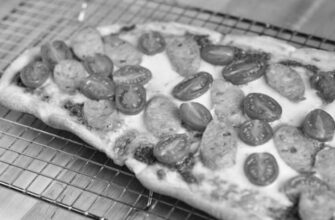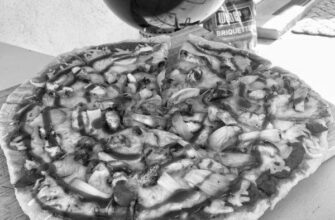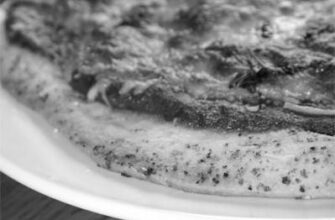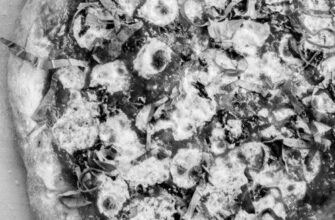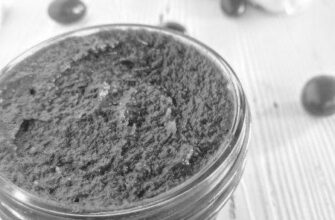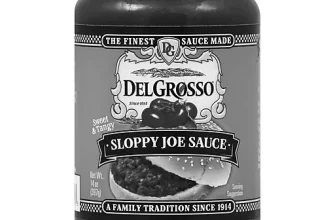Many people wonder if bananas cause acne. Bananas have high amounts of Vitamin C, which protects the skin from UV damage and prevents wrinkles, and zinc, which fights acne-causing germs. In addition, the banana’s low glycemic index makes it easy to digest, and it increases the production of sebum. But how exactly does eating bananas cause acne? Let’s find out.
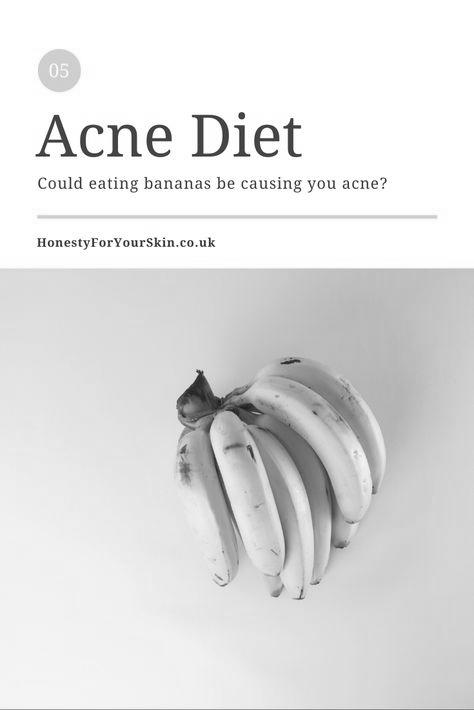
- Vitamin C protects skin from UV damage
- Zinc fights against acne causing germs
- High glycemic index foods
- Refined carbs increase sebum production
- Banana peel exfoliates skin
- Problems with using bread flour for pizza dough
- Using bread flour for pizza dough is not as good as using all-purpose flour
- Using bread flour for pizza dough creates a crispier crust
- Using 00 flour for pizza dough gives a slightly higher rise
Vitamin C protects skin from UV damage
As an antioxidant, vitamin C is one of the most important nutrients for the skin, and its protective effect is important against ultraviolet (UV) light. In fact, studies have shown that vitamin C can help prevent photodamage by contributing to the synthesis of collagen. Additionally, vitamin C is necessary for wound healing. However, the exact mechanisms by which vitamin C protects the skin are not yet clear. Nevertheless, this article will discuss some of the roles that vitamin C might play in the skin and summarize the current knowledge of this important nutrient.
A supplement containing Vitamin C is an effective antioxidant. It fights the free radicals produced by the UV rays. This antioxidant protection reduces the amount of free radicals that can damage the skin. Vitamin C can also reduce the formation of fine lines and pigmentation by stimulating collagen production. This is why it is so essential to have a skin care routine that contains high amounts of vitamin C. But how do you know which supplement is right for you?
A common misconception about vitamin C is that it makes your skin more sun-sensitive. But that is not the case. Ascorbic acid, the stable form of vitamin C, or THD ascorbate, protects the skin from UV damage. It also helps your skin retain the moisture it needs and keeps it looking healthy and radiant. Further, vitamin C protects your skin from a variety of environmental aggressors, such as the sun.
Although Vitamin C may not be a replacement for sunscreen, it is important to note that it doesn’t absorb UVA or UVB rays. Moreover, vitamin C-based skin care products may lighten dark spots. However, more research is needed to determine whether or not vitamin C-based products can really lighten dark spots. If the benefits are worth the risk, the antioxidant may be worth trying. You should not forget to apply sunscreen every day, since the benefits are too numerous to be ignored.

Zinc fights against acne causing germs
Using a topical solution with Zinc in it will help to prevent and control acne breakouts. The oil on your skin traps bacteria and results in visible breakouts. Clogged pores are the perfect environment for bacteria to grow. Propionibacterium acnes is one such bacteria. It thrives on oil in the skin. So, when you add Zinc to your acne treatment, it will make it work even better!
As an antibacterial, zinc has been proven to kill acne-causing germs. It is also a key component of many topical and oral acne treatments. Zinc inhibits the activation of keratinocytes, the skin cells that produce the binding protein in the skin. Overproduction of keratin causes blocked pores. By regulating keratin production, it will help prevent acne outbreaks.
Various forms of zinc have been found to be effective against acne. There is zinc acetate, which is an organic compound made of zinc and the amino acid methionine. Zinc acetate may also reduce inflammation and bacterial invasion in the skin. Another type of zinc is zinc gluconate, a tablet form of zinc. Some people use zinc methionine in place of methionine to help with acne breakouts. In addition to these, zinc picolinate is a salt form of zinc with high bioavailability.
Aside from fighting acne-causing germs, zinc also helps boost the immune system. It can also help the body absorb antibiotics. Therefore, it can ease the transition from antibiotics to no antibiotics. Although some people experience a resurgence of acne after stopping antibiotics, taking zinc can help prevent it. Therefore, zinc is a great anti-acne treatment. If you have acne, zinc can help you to get rid of acne scarring.
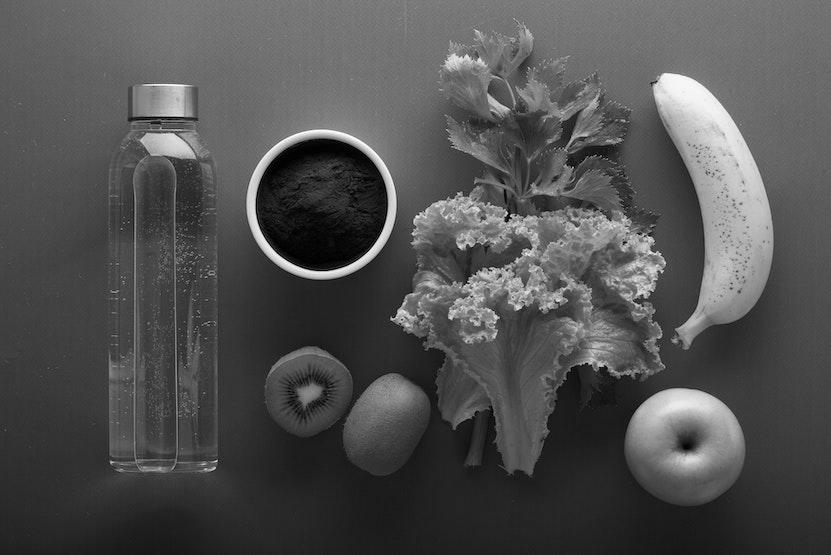
High glycemic index foods
There is a connection between diet and acne. A diet high in carbohydrates increases the level of IGF-1, a hormone that is associated with acne. High glycemic index foods raise blood sugar quickly. Those with acne often experience hormonal fluctuations. Foods high on the glycemic index may contribute to their breakouts. To avoid acne and to maintain a healthy blood sugar level, eat foods low on the glycemic index.
Acne is caused by excess sebum, dead skin cells and bacteria. These factors can lead to whiteheads and blackheads. Inflammation and high glycemic index foods can trigger acne and contribute to inflammation. Here’s how. You shouldn’t eat these foods in excess. High glycemic index foods increase blood sugar levels. This can trigger acne-causing hormones and stimulate oil production.
Another study linked high glycemic index foods to acne risk. While it’s difficult to know exactly which foods increase acne risk, the general consensus is that eating more high-glycemic index foods is associated with an increased risk of developing the condition. Moreover, diets high in saturated fat and trans fats also increase acne risk. A diet high in high glycemic index foods may increase acne risk by 17 percent.
The connection between diet and acne has been documented for a long time. In the late 1800s, acne was associated with diet and the consumption of sugar and fat. Nevertheless, studies started distancing the relationship in the 1960s. Acne affects a person’s self-esteem and social life, and its treatment is vital. So, why does your diet affect your chances of having acne?

Refined carbs increase sebum production
Refined carbohydrates are bad for your skin. Refined grains are found in bread, cereal, and desserts made with white flour. Refined sugars are bad for your skin as they raise your blood sugar and insulin levels, which can lead to increased sebum production and clogged pores. This in turn can worsen your acne. Besides being bad for your skin, refined carbs can cause inflammation in your body.
Another cause of acne is eating refined products. Simple carbs such as bananas and white bread spike insulin levels, which can lead to acne. The result is increased production of sebum and androgen hormones. Refined carbs are the worst of both worlds. They are high in glycemic index and contain no fiber, which means they cause acne. You can’t expect your skin to look better after eating just a banana.
Another study found that dietary changes can affect the composition of sebum, although they don’t necessarily affect acne. Refined carbs increase sebum production when eating banana, but not when you cut them out. Researchers at the University of California, Los Angeles, conducted a study to test whether certain diets could cause acne. This study shows that diet can impact your hormones, growth factors, and sebaceous gland biology.
Banana peel exfoliates skin
Did you know you can use banana peels to exfoliate your skin? These little fruits are usually only a dollar at the grocery store. Read on to learn why these bananas are so popular and get some science-backed tips about using banana peels to exfoliate your skin. Then, you’ll be surprised at the results! And, best of all, you can do it yourself! Here’s how:
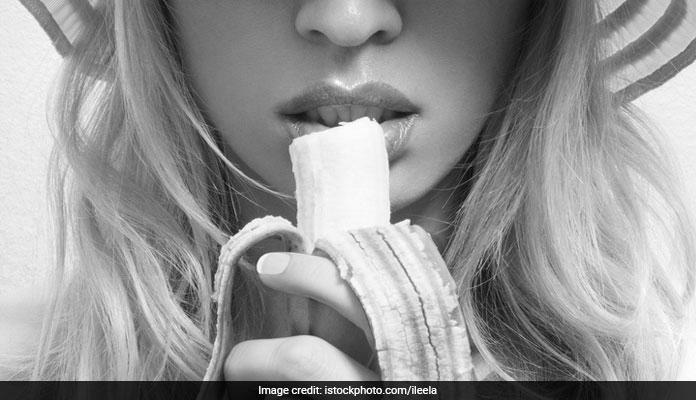
Banana peels have many benefits for your skin, and they are extremely rich in antioxidants. These properties help protect the skin from sun damage, soothe irritation, and minimize fine lines and wrinkles. They are also high in fatty acids, which help heal eczema and psoriasis. They also contain potassium, moisture, and vitamins A, C, and zinc. You’ll be amazed at the number of benefits you can get by using banana peels to exfoliate your skin!
One of the benefits of banana peels is the control they have over oil secretion. They also work as a natural exfoliator by removing excess sebum from your skin. However, they don’t dry out your skin; instead, they moisturize it while removing dead cells and promoting cell regeneration. Hence, banana peels make for a wonderful natural face pack or scrub. But you must be careful about what type of banana peels you use, as not all types of bananas have the same benefits.
Another benefit of banana peels is its antibacterial properties. They can kill bacteria and help heal acne spots faster. Use banana peels to apply to your skin twice a day and you should see results within a week. If you’re not convinced, try this banana peel treatment as a home remedy. And don’t forget to wash your face after! It will be worth it. You’ll be amazed at how much better your skin will look!
If you’re wondering what happens when you use bread flour for pizza dough, you’ve come to the right place. Although this flour is not as good as all-purpose flour, it will make your dough crisper and have a higher rise. But before you make the switch, learn what to look for before you do. Below, we’ve listed down some of the biggest benefits of using 00 flour.
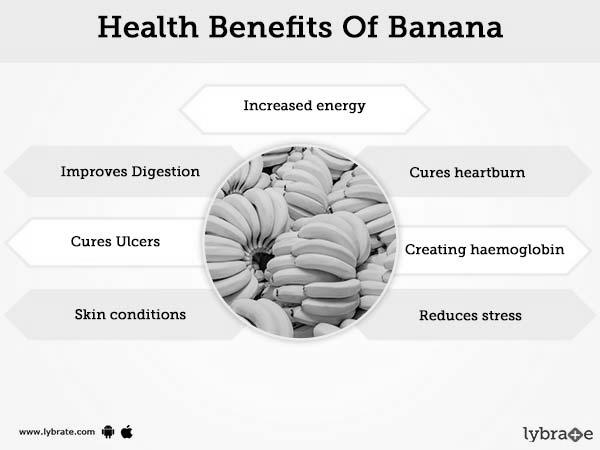
Problems with using bread flour for pizza dough
Using too much water in your pizza dough recipe is one of the most common problems. In order to fix this, you should add water a bit at a time, but not too much. The dough will become wet and sticky, and you should rest it before balling it up. Then, make sure you use a proper pizza pan to bake the dough. But be sure to follow these tips to avoid problems.
First of all, the dough will be too sticky to handle. You may have to keep putting some flour on the dough to get a smooth, soft base. After that, you will have a dough that is too sticky to handle and may be burned. To avoid such problems, you should allow the dough to come to room temperature before handling it. In addition, you should not work with a dough that is too cold.
Another problem is that the gluten in the dough will be too tight. Because the gluten is tight, it is difficult to stretch. However, the dough will stretch once it comes to room temperature. However, if the gluten is too stiff, it will be difficult to stretch and cook. The most common reason why dough is too stiff is because it has too much gluten. A tight dough will not cook properly. If the gluten is too tight, it may tear the crust.
Another problem with bread flour for pizza dough is that it is difficult to make the dough moist enough. Dry dough will tend to break apart when kneading and won’t be able to rise properly. This means that you should only use enough flour to get the right texture and flavor. To avoid the dough becoming too dry, you should add a little olive oil for every three cups of flour.

While it is true that you should never use too much flour, it is better to start by adding a small amount of water to your pizza dough. You can start adding one teaspoon at a time until you get the right consistency for your dough. This way, you can monitor the water level in your dough. You can always add more water if needed but you can’t remove it. Also, your altitude affects the reaction of the yeast in the dough. High altitudes make the yeast activate faster than low altitudes.
Using bread flour for pizza dough is not as good as using all-purpose flour
When baking your dough, use a high quality, fine-ground flour such as Tipo “00” Extra Fine Bread Flour. Bread flour has lower gluten content and is therefore lighter than all-purpose flour. For best results, use an active dry yeast. However, if you’re short on time, you can substitute an Instant Yeast. Yeast needs to be bloomed before it can be added to the dough.
One of the main differences between all-purpose flour and bread flour is their protein content. The former contains 8 to 11 percent protein and is best used for treats that don’t require a dense texture. Nevertheless, you can substitute bread flour for all-purpose flour without compromising the taste and texture of your baked goods. Bread flour is also available in other forms and varieties, so you don’t have to worry about having to choose between all-purpose flour and bread flour.
While all-purpose flour is a great choice for most baking, bread flour is better for a thin crust and chewier pizza. It also contains higher protein than all-purpose flour, which makes it a better choice for thin-crust pizzas. While this is not a guarantee, you can try it as a substitute for all-purpose flour if you prefer a thinner crust.
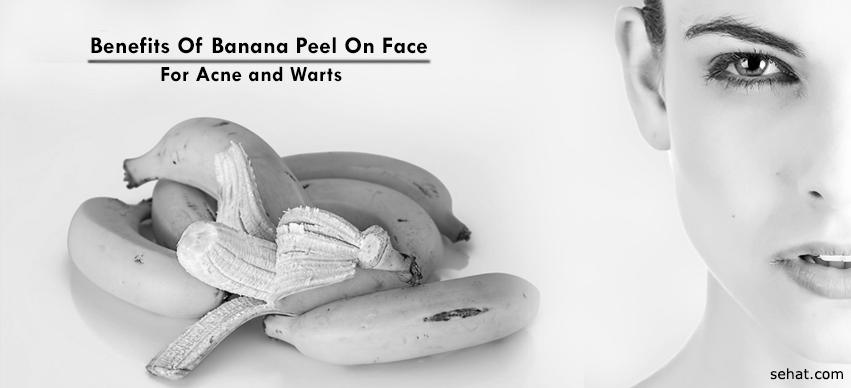
The difference between all-purpose and bread flour lies in the amount of gluten in the flour. Bread flour contains higher levels of protein than all-purpose flour. A higher protein content will make your dough more flexible and stretchy. This will make it easier to handle and more springy. The difference between all-purpose and bread flour is really just a matter of personal preference, so make your own decisions based on what’s best for you.
One reason to use bread flour for pizza dough is that it’s easier to find than all-purpose flour. Bread flour is often sold in grocery stores. It is an excellent substitute for all-purpose flour for a soft, fluffy crust, but it doesn’t yield as good a result as all-purpose flour. In addition to making soft pizza dough, it’s also perfect for Khachapuri bread and dinner rolls.
Using bread flour for pizza dough creates a crispier crust
If you want your pizza crust to be crisp and chewy, you should use bread flour. Professional chefs use Italian Tipo ’00’ flour, which is the finest grade of flour available in Italy. Though less common in grocery stores, bread flour does produce a better crust. You should also check out this article to learn more about the benefits of bread flour in your pizza dough. This article will teach you how to make it yourself.
First, use a baking sheet with a double layer of parchment paper. The dough should be at least double the thickness, as this creates a crisper crust. Moreover, when making dough, make sure to avoid overworking it because you may end up with a dry pizza. Using a rolling pin can be handy, as well. This can be a great backup if you’re not comfortable rolling out the dough.
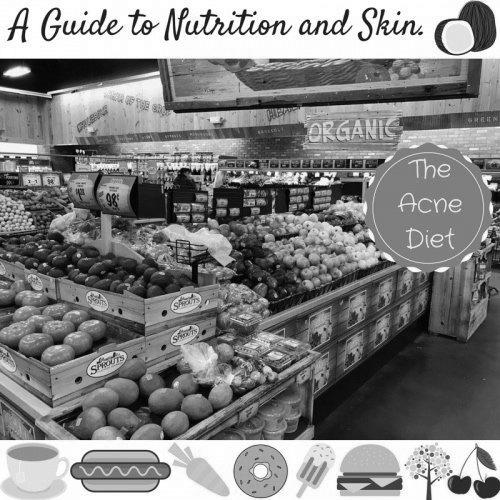
Using bread flour for pizza dough creates crispier crust when compared to all-purpose flour. All-purpose flour has a mid-range amount of gluten, which causes the dough to stretch before baking and is prone to tearing. Using bread flour creates a chewy bread-like crust. With a higher amount of protein, bread flour also yields a crispier crust, making it the ideal choice for making New York-style pizzas.
If you’re not sure which flour to use, you can also add bread flour to the dough, but don’t mix too much, as this will make the crust tough. Another advantage of using bread flour is that it gives your pizza a much crispier crust. It also prevents the dough from drying out while baking. Most pizza chefs use extra-virgin olive oil for their pizza dough, but you can also substitute other oils. To make pizza dough, you must combine dry yeast, sugar, and warm water. Combine this mixture with the flour, and mix well. Then, mix in the oil and flour. Knead the dough until it’s soft and elastic. Once it’s smooth, you can stretch it into a 12-inch circle.
The use of bread flour for pizza dough is similar to making sheet pan pizzas. When making dough for pizza, you can add extra yeast to give it a better rising action. You can also use a higher amount of bread flour in your pizza to achieve a more rustic look. However, you should know that bread flour is not the best choice for pizza. The texture will depend on your cooking style and the thickness of your dough.
Using 00 flour for pizza dough gives a slightly higher rise
There are several benefits to using 00 flour for pizza dough. For one, the finer grains will absorb less water. This means that you’ll need 5% less water in your pizza dough than you would use for a stronger loaf. Secondly, it will be slightly more risen, so you may want to bake it in a pizza oven with an 800 degree temperature. This flour is also slightly less absorbent than other flours, so it’s best to avoid using it for anything else.
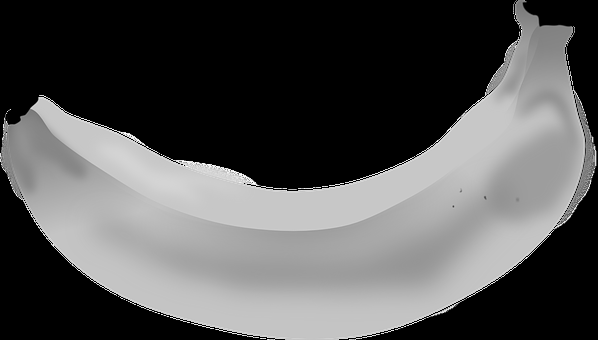
Another advantage is that it is easier to handle. Compared to bread flour, 00 flour has a low protein content, making it easy to handle. It’s also less elastic than bread flour, making it easier to handle while baking. A few reasons why using 00 flour for pizza dough is better than using other flours include a slightly higher rise, a soft texture, and a lower gluten content.
Using 00 flour for pizza dough has several advantages. Using this flour for your pizza dough will result in a slightly higher rise, and it will also hold more pasta sauce. Using 00 flour for pizza dough is a great option if you’re looking for a higher-quality dough. It’s made by Caputo, an Italian company, and contains about 12% protein. The higher protein content makes the dough stretchier and has a better flavor.
A different flour will yield slightly different results. Bread flour has a higher gluten content than all-purpose flour. This means that it will give a dough with more spring and is less prone to tear when handled. It will also produce a slightly chewier crust. But you should keep in mind that bread flour contains more protein than all-purpose flour. If you’re not sure, use an all-purpose flour.
The water used for your pizza dough should be between 20-22 degrees Celsius or 68-71 degrees Fahrenheit. The temperature should not affect the flour’s properties. Using a sieve will remove any lumps and allow more air to enter the batter. Using 00 flour for pizza dough also gives it a slightly higher rise. This flour can be used for pizza dough if you want it to be soft and chewy.
